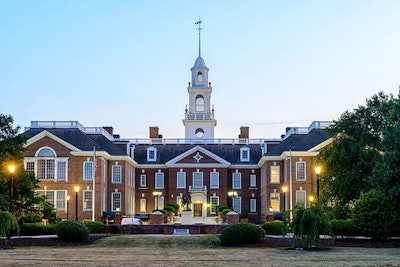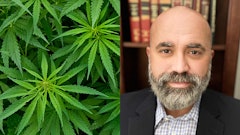
An adult-use cannabis legalization bill could receive a House vote in Delaware.
The House Appropriations Committee has released House Bill 305 for further consideration, according to a Delaware Business Now report.
The legislation, a modified version of last year’s adult-use legislation, cleared the House Health & Human Development Committee last month.
H.B. 305 would create a legal framework for the sale and possession of cannabis in Delaware, as well as establish a business licensing structure. The legislation would require regulators to issue up to 30 cannabis retail licenses within 16 months of the bill being signed into law.
Last year’s adult-use cannabis legalization proposal, House Bill 150, also passed the House Health & Human Development Committee before it ultimately stalled due to a debate over a social equity fund included in the legislation.
H.B. 305 calls for a number of social equity licenses to be issued, Delaware Business Now reported, and a portion of cannabis tax revenue would be earmarked for disadvantaged communities impacted by prohibition.
The legislation requires a 60% majority to clear the House, according to the news outlet, and Gov. John Carney has not been a proponent of previous cannabis legalization proposals.
























